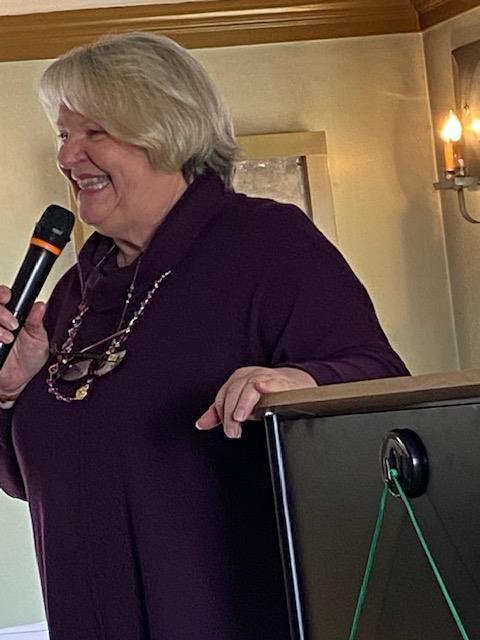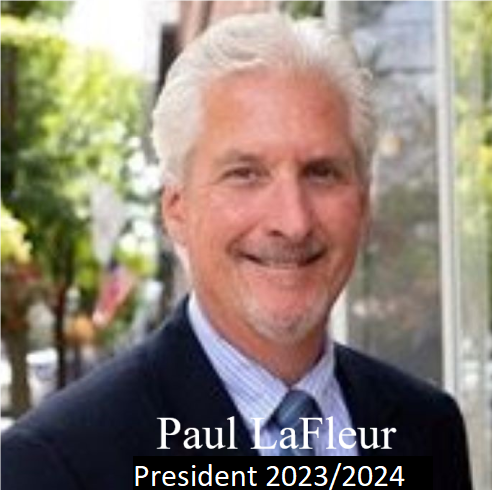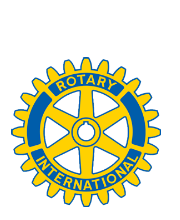At our Bristol Rotary lunch, Lynn Smith (Linden Place Historian) treated us to a fascinating lecture on the history of Bristol, both the ugly slave trade business of the DeWolf family as well as several stories of the almost 600 enslaved people in Bristol, from it's founding in 1670 to 1808, when the slave trade was officially outlawed. This included Indigenous People who were also enslaved. Linden Place has been reexamining its history as part of the Rhode Island Slave History Medallion Project. They will be sharing the stories that have been uncovered about the house, its inhabitants, and most importantly the enslaved and free black people connected with Linden Place and our community. As part of this project, one goal is to create a safe space at Linden Place to discuss this difficult topic. Lynn had so much to share that she will be invited again to speak at a future meeting. This is not a lecture to miss. Come join us.

As an example of Lynn's lecture is what she revealed about George DeWolf, who built Linden Place in 1810. The cost to build it, in today's money, was over a million dollars - one year's profit in the slave trade. For George, the trade was the family business. He and his uncles financed 88 slaving voyages, which accounted for nearly 60 percent of all African voyages originating in Bristol. George's uncle, James DeWolf, operated as many as 30 slave ships and brought an estimated 30,000 captured Africans to Cuba and the Americas. The DeWolf family's political connections allowed them to continue trading in enslaved people after both national and international law outlawed the practice. Lynn lecture ended as George, facing insurmountable debt and bankruptcy, in secrecy, left for his plantation in Cuba, bankrupting the town of Bristol. The next time Lynn will come to speak at Bristol Rotary will be announced in the Bristol Phoenix.

